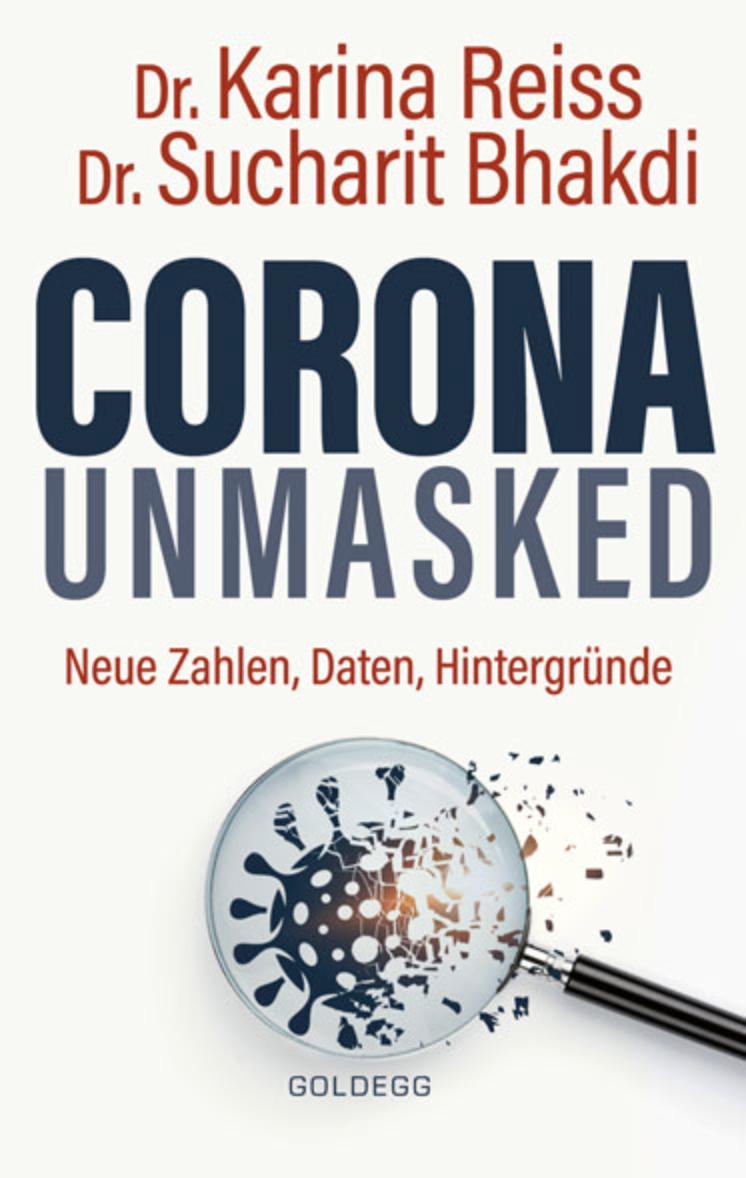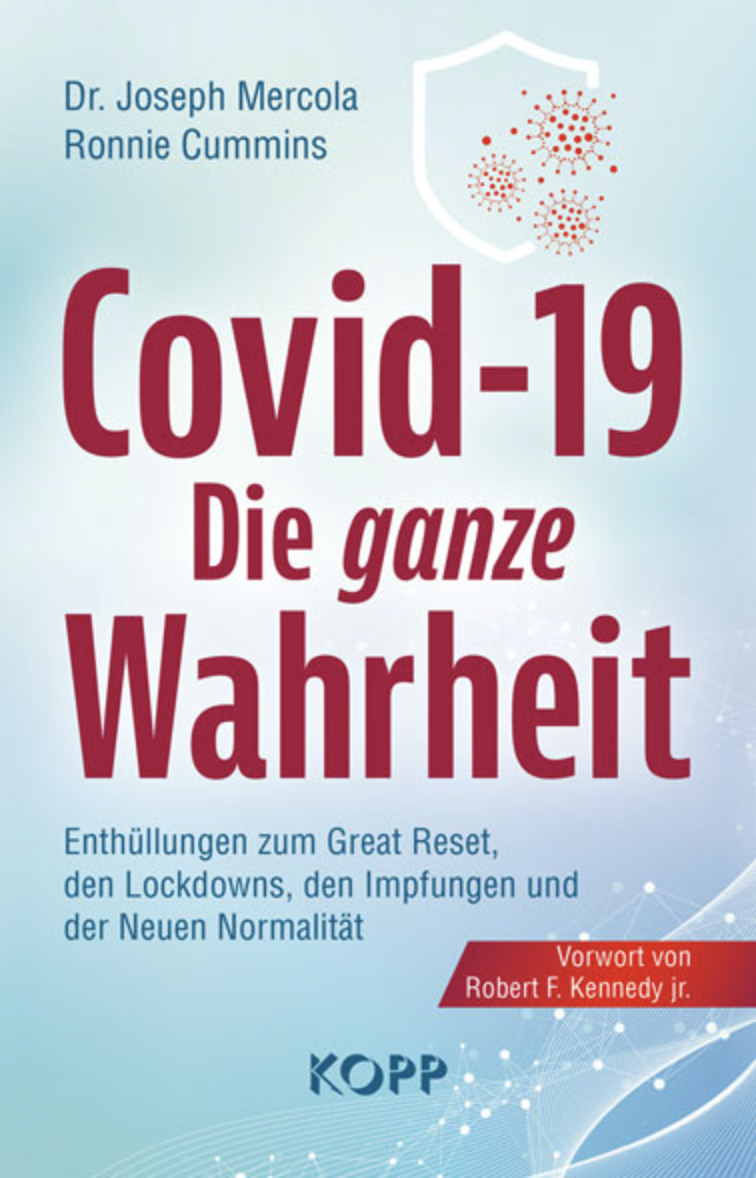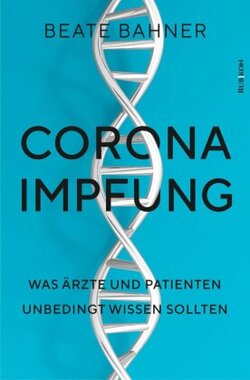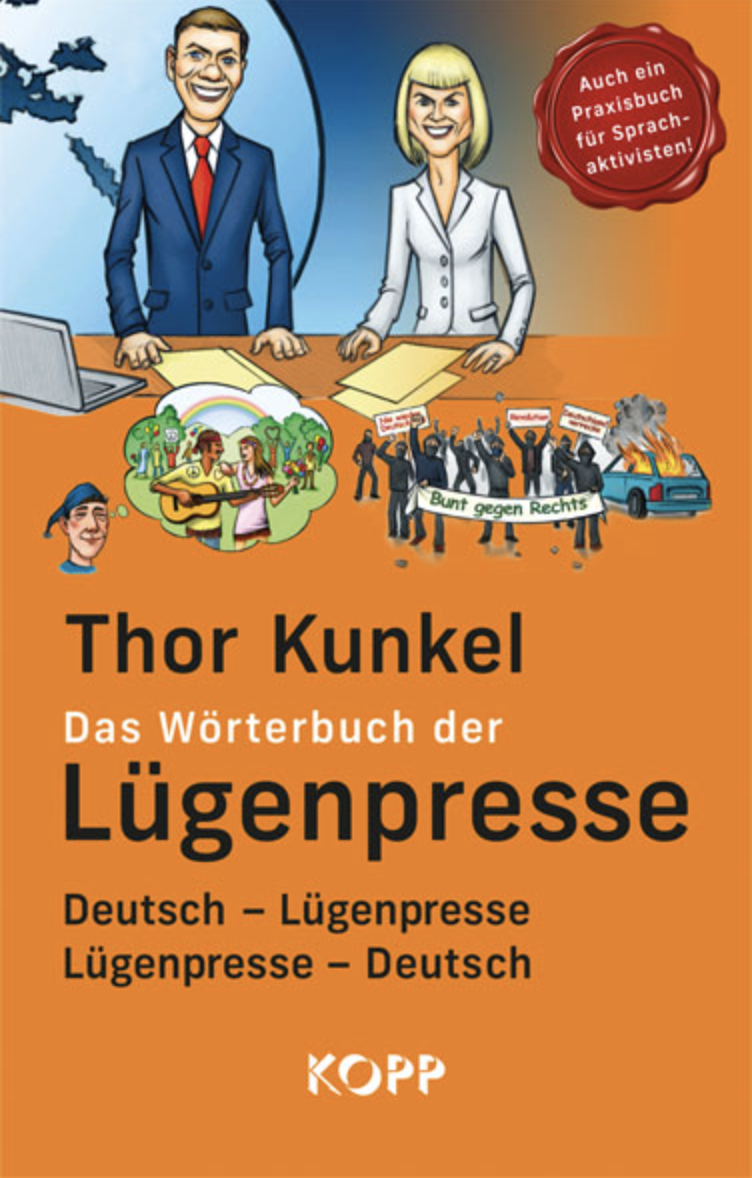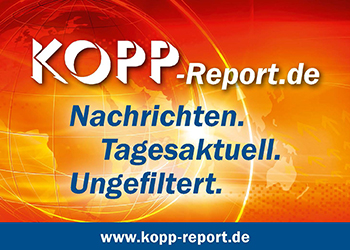Der seit langem bekannte Zusammenhang zwischen den Covid-19-Impfungen und dem Auftreten schwerer Herzkrankheiten ist erneut bestätigt worden. Eine in der amerikanischen kardiologischen Fachzeitschrift Circulation veröffentlichte Studie zeigt, dass sich das Herzinfarktrisiko von Geimpften zwischen 28 und 97 Jahren nach Verabreichung der Impfstoffe von Moderna und Pfizer mehr als verdoppelt hat.
Den Ergebnissen liegen Untersuchungen an einer Testgruppe von fast 600 Patienten zugrunde, bei denen das Herzinfarktrisiko bereits seit acht Jahren alle drei bis sechs Monate gemessen worden war. Nach den Impfungen stieg das Risiko, einen Herzinfarkt zu bekommen, von 11% auf 25%. Dabei wurde nach bewährten Methoden unter Berücksichtigung von Biomarkern ein “fünf-Jahres-Risiko” errechnet.
Die Studie “Mrna COVID Vaccines Dramatically Increase Endothelial Inflammatory Markers and ACS Risk as Measured by the PULS Cardiac Test: a Warning“, veröffentlicht am 8. November 2021, schließt mit der Feststellung: „Wir kommen zu dem Schluss, dass die mRNA-Vakzine die Entzündung des Endothels und die Infiltration des Herzmuskels durch T‑Zellen drastisch erhöhen und für die beobachtete Zunahme von Thrombose, Kardiomyopathie und anderen vaskulären Ereignissen nach der Impfung verantwortlich sein könnte.“
Circulation ist die führende kardiologische Publikation in den USA, und wird seit ihrer Gründung 1950 von der „American Heart Association“ (AHA) herausgegeben.
Our group has been using the PLUS Cardiac Test (GD Biosciences, Inc, Irvine, CA) a clinically validated measurement of multiple protein biomarkers which generates a score predicting the 5 yr risk (percentage chance) of a new Acute Coronary Syndrome (ACS). The score is based on changes from the norm of multiple protein biomarkers including IL-16, a proinflammatory cytokine, soluble Fas, an inducer of apoptosis, and Hepatocyte Growth Factor (HGF) which serves as a marker for chemotaxis of T-cells into epithelium and cardiac tissue, among other markers.
Elevation above the norm increases the PULS score, while decreases below the norm lowers the PULS score.The score has been measured every 3-6 months in our patient population for 8 years. Recently, with the advent of the mRNA COVID 19 vaccines (vac) by Moderna and Pfizer, dramatic changes in the PULS score became apparent in most patients. This report summarizes those results. A total of 566 pts, aged 28 to 97, M:F ratio 1:1 seen in a preventive cardiology practice had a new PULS test drawn from 2 to 10 weeks following the 2nd COVID shot and was compared to the previous PULS score drawn 3 to 5 months previously pre- shot. Baseline IL-16 increased from 35=/-20 above the norm to 82 =/- 75 above the norm post-vac; sFas increased from 22+/- 15 above the norm to 46=/-24 above the norm post-vac; HGF increased from 42+/-12 above the norm to 86+/-31 above the norm post-vac.
These changes resulted in an increase of the PULS score from 11% 5 yr ACS risk to 25% 5 yr ACS risk. At the time of this report, these changes persist for at least 2.5 months post second dose of vac. We conclude that the mRNA vacs dramatically increase inflammation on the endothelium and T cell infiltration of cardiac muscle and may account for the observations of increased thrombosis, cardiomyopathy, and other vascular events following vaccination.
Mrna COVID Vaccines Dramatically Increase Endothelial Inflammatory Markers and ACS Risk as Measured by the PULS Cardiac Test: a Warning



